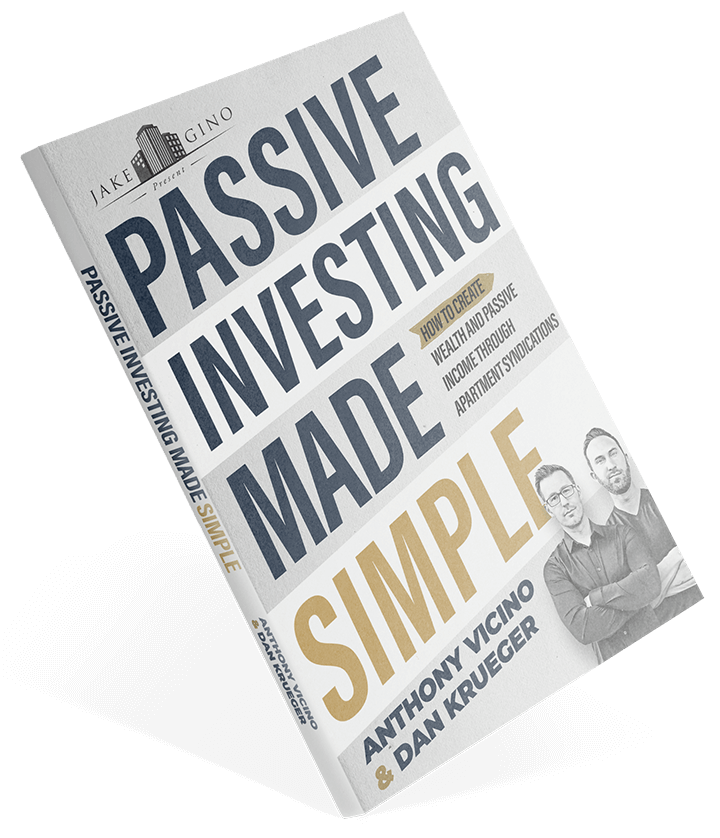FAQs
Everything you need to know about Invictus Capital.
Can I invest with retirement funds?
Absolutely. In fact, investing retirement funds through a self-directed IRA is one of the most common ways to passively invest in a real estate syndication. The process of rolling a preexisting retirement account (401(k), IRA, 403b, etc.) into a self-directed IRA (SDIRA) is relatively simple and the fees are generally quite low. If you’re looking for a great custodian, reach out to us and we’ll connect you with some great intermediaries.
Does Invictus accept non-accredited investors?
We often execute a 506(b) offering which allows for non-accredited investors to participate in our deals. If you’re a non-accredited investor and would like to join the Invictus Investor Club, make sure you schedule your 1-on-1 phone call with us so you can have access to future investment opportunities.
What is the minimum investment amount?
Every deal is different, but typically the minimum investment amount is $50,000.
What is the average project hold time?
We typically model a 5-7 year hold.
Can I sell my shares early?
In most Invictus deals, there are ways for an investor to sell their shares prematurely (although this is by no means a given). Usually this takes form in one of three ways:
- Sell your shares to the GP
- Sell your shares to other LPs in the deal
- Bring in a new investor into the deal to buy out your shares (with GP approval)
You should find the specific rules for early liquidation outlined in the Operating Agreement. Our recommendation to every investor posing this question is to come to terms with the fact that you’re investing in an illiquid asset and that your money will be inaccessible for the duration of the hold. Go into the deal having mentally written off needing the money in any sort of shorter time span, and I promise you’ll have a better investing experience overall.
What's the difference between a Syndication and a REIT?
This is a very common question. Here’s an article where we dive deep into the differences between a syndicaiton and a REIT: https://invictusmultifamily.com/reit/
Can I 1031-Exchange into or out of these deals?
That’s a tricky question depending on a lot of factors unique to your situation. 1031 exchanges are a fantastic way to defer tax liabilities, but it’s a needle that must be threaded precisely. Technically, yes, there are ways you could roll a 1031 exchange into a syndication or a joint venture. This is most frequently done through a tenant in common (TIC) arrangement. Practically speaking, there’s a lot of work and cost associated with going this route, and most operators aren’t interested in jumping through all those hoops or incurring those expenses. An interesting option worth considering in this instance is the Delaware Statutory Trust. DSTs are beyond the scope of this book, though it’s worth looking into if you have a 1031 exchange in the foreseeable future.

AMAZON BESTSELLING EBOOK
The secret investing strategies of the ultra-wealthy is at your fingertips
Are you ready to fast track your learning, reduce avoidable errors, and accelerate your progress towards your financial goals?


